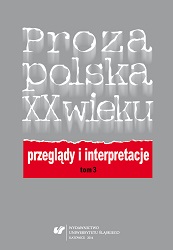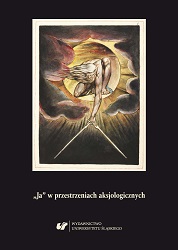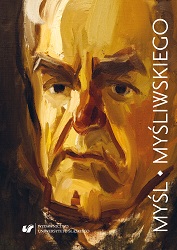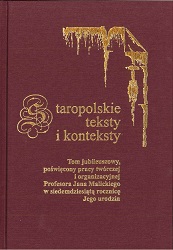
W piekle heteroseksualizmu. O męskiej przyjaźni w powieści Zbigniewa Grabowskiego "Ciszy lasu i twojej ciszy"
The article deals with the problem of a male friendship which in a debut novel by Zbigniew Grabowski "Ciszy lasu i twojej ciszy" (1931) was presented under the label of the love of souls deprived of a bodily element. Love between the novel characters the author analyses in a perspective of “amosexuality” (J. Kristeva) has a homo-social nature and is deprived of a bodily aspect, is perceived by both friends as more valuable than love to women and, paradoxically, homosexuality. Male friendship, understood in such a way, illustrates contradictions deriving from the crisis of a definition of homo and heterosexuality that appeared at the turn of the 19th and 20th centuries as a result of the emergence of a discourse on sexuality.
More...


